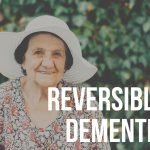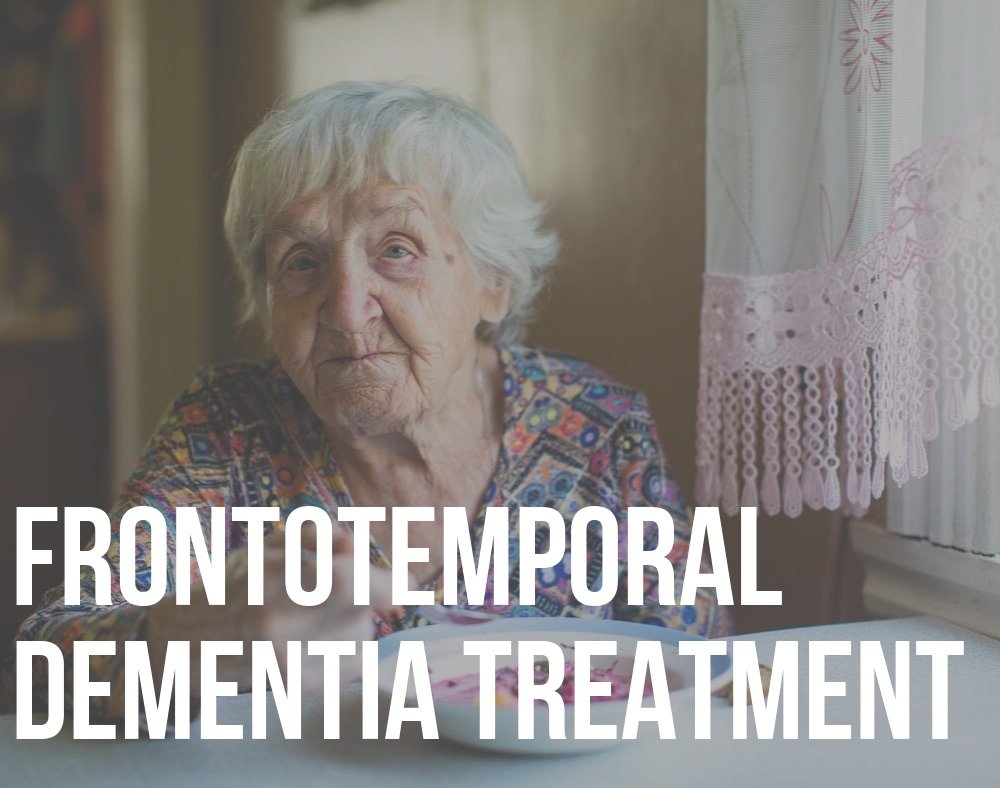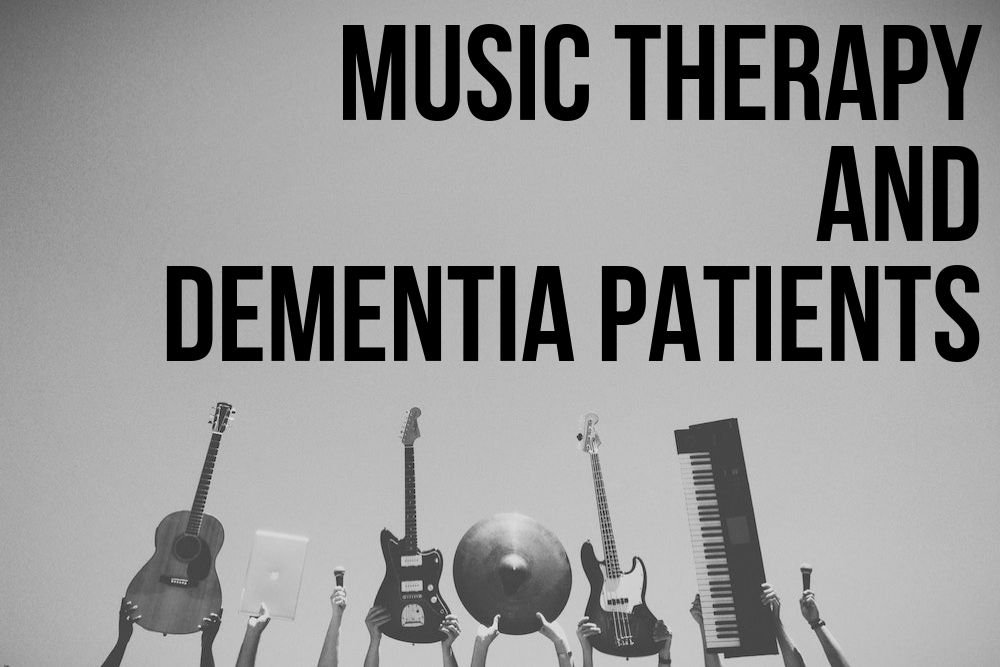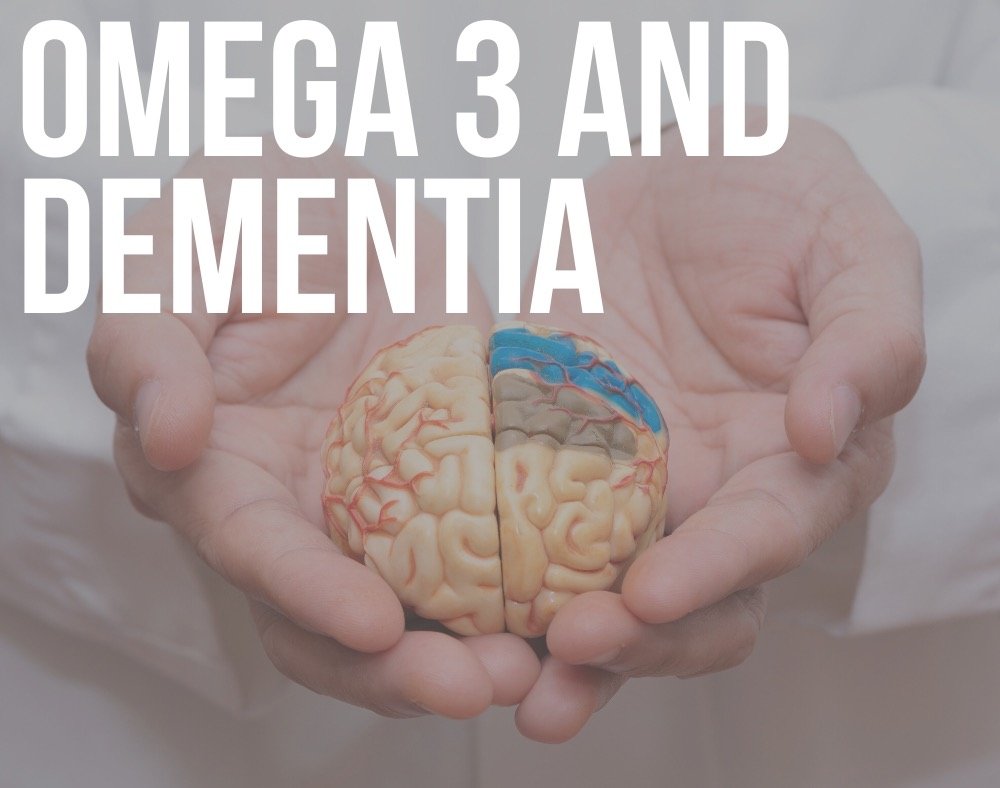There is a close correlation between pneumonia and dementia, which we need to be aware of to take action accordingly.
Persons with dementia are prone to different types of infections one of the most frequent being pneumonia.
This is a serious respiratory infection that is common in seniors with or without dementia.
Contents
Types of Pneumonia
There are three types of pneumonia.
Bacterial Pneumonia

This is the most severe form of pneumonia that needs a person to take antibiotics for treatment.
Elderly people living in care homes or hospitals are at a greater risk of catching bacterial pneumonia.
Unfortunately, hospital-acquired pneumonia tends to be more resistant to treatment.
The primary reason why it is common for seniors to get pneumonia while in the hospital is because they spend a lot of time in bed.
Vital Pneumonia

This is typically caused by the viruses responsible for flu and colds and tends to be prevalent during cold weather.
It is mainly responsible for mild pneumonia that children get.
Aspiration Pneumonia
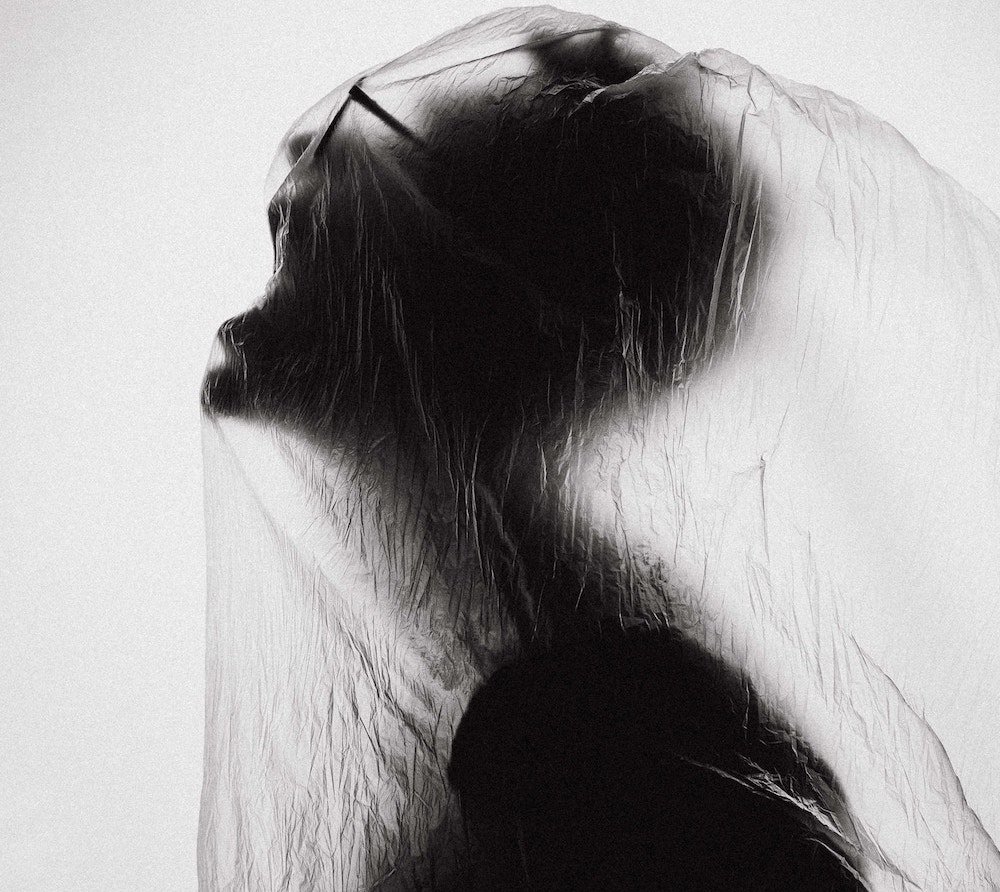
This is another type of pneumonia that is common in older people with dementia. This develops when liquid or food goes down the windpipe instead of the food pipe.
It is the case because some people with dementia usually have trouble swallowing which increases their chances of breathing foods and drinks.
Sadly, this is also among the leading causes of death among golden-agers with dementia.
Knowing the different types of pneumonia let’s explore other aspects of pneumonia and dementia below.
Causes of Pneumonia in Persons with Dementia

Pneumonia will mostly attack people who have dementia because of a compromised immune system.
The progressive disease weakens the immune system which paves the ways for the development of other medical conditions.
Symptoms of Dementia
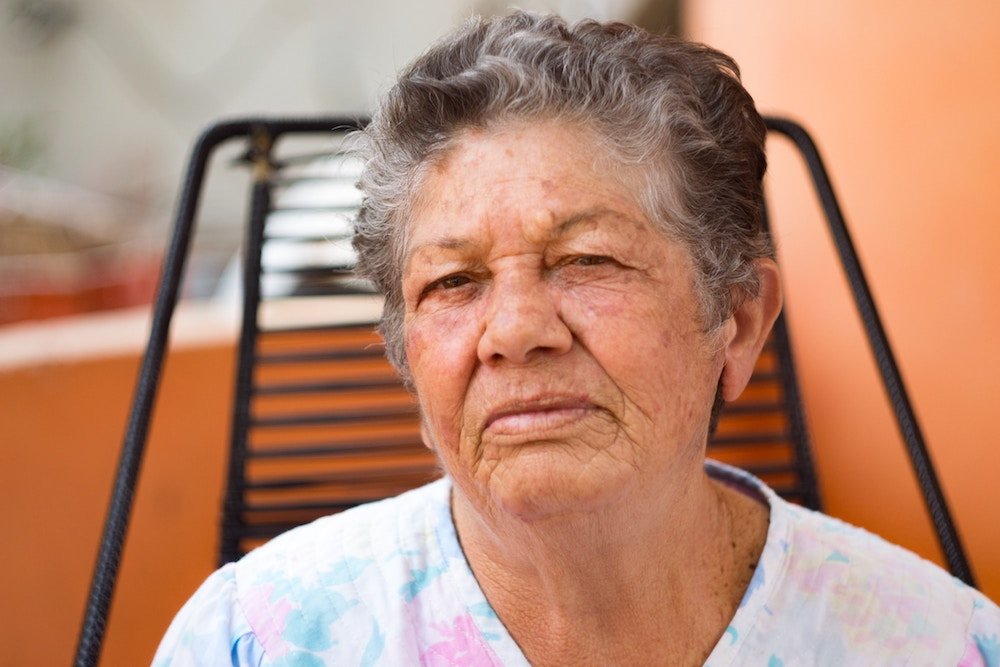
When talking about pneumonia and dementia, it is important to know how to spot the disease. Signs that might indicate a person has pneumonia include:
- A cough that has brownish, green, or yellow phlegm. Sometimes this may even have bloodstains
- Rapid heartbeat
- Difficulty breathing
- Shivering, sweating, and generally feeling ill
- Fever
- Fatigue
- Wheezing while breathing
Rib and chest pain
Pneumonia in the elderly can be painful. Chronic coughing can lead to rib pain.
After heavy coughing, a senior might fracture their ribs or in some rare circumstances cause spinal issues like vertebra alignment problems or slipped disk.
Increased confusion
With older people, pneumonia can be the cause of disorientation and confusion. Some people may complain about having challenges thinking or have a hard time explaining things that would have been easier.
This can be made worse by the fact that they are already suffering from memory loss because of dementia.
If you spot any of the above, it is important to see a GP immediately. It may be hard to ascertain for a fact that your loved one has the infection.
A professional doctor will use a stethoscope to check for any rattling or crackling sounds in the chest.
The medic can also arrange for several tests including sputum, blood, and x-rays to identify the virus or bacteria that is causing the infection.
When pneumonia is caught early and proper treatment administered it can clear from a person’s system within 7-10 days.
People, however, feel tired and weaker for longer.
Treatment

In the case of viral pneumonia, a person may need to take antiviral drugs. This is, however, not common because bouts of viral pneumonia may heal without the use of medication.
Taking fluids in plenty, eating healthy and resting can see a person heal after some time.
Most doctors will recommend antibiotics and plenty of rest to treat bacterial pneumonia. Studies show that persons who are take antibiotics get at least six more months to live.
There is, however, still a huge debate as to whether the antibiotics work as they should in regards to pneumonia and dementia.
This is because about 40% of seniors who die from dementia are usually found to be taking antibiotics a short while before they pass one.
Research suggests that caregivers should determine the goal of care before they go ahead and administer the antibiotics.
Antibiotics may sometimes cause inconvenience
Studies reveal that while antibiotics may give an individual more time to live, they can also be the case of a decrease in comfort rates.
Antibiotics may cause adverse side effects like severe digestive upset and multiple allergic reactions.
This means that if the goal is to offer as much comfort as possible, antibiotics can be out of the question.
Aggressive administration of antibiotics should only happen when the goal is to help the individual live longer.
This is one of the reasons persons with dementia need to have advance medical directives. They need to be asked what treatment techniques they prefer later on in the disease before severe mental and physical decline.
This way, anyone taking care of the person will execute the wishes of the ill person correctly. These wishes can be highlighted in a living will.
The individuals also have the option of appointing one of their friends or family members to serve as the power of attorney for their healthcare decisions.
These are crucial documents that guarantee protection to the affected person when they can no longer make “sane” decisions.
How Antibiotics are Administered

If the doctor agrees to antibiotics treatment for pneumonia and dementia the drugs can be administered in two major ways.
1. Pills to swallow
2. Injections
The strongest antibiotic types are given by an IV (intravenous) infusion or injection. This sends the medicine to the veins directly through a tube or needle.
Anyone subject to IV antibiotics may require frequent hospitalization and blood tests.
As an alternative, the person taking the drugs can work with a nurse at home who will be administering the antibiotics when necessary.
In some cases, restraining the person taking the medicine may be inevitable.
This is because dementia in the middle and later stages can make an individual confused; thus, may not understand why they need the IV and want to get rid of it.
Ways to Prevent Pneumonia
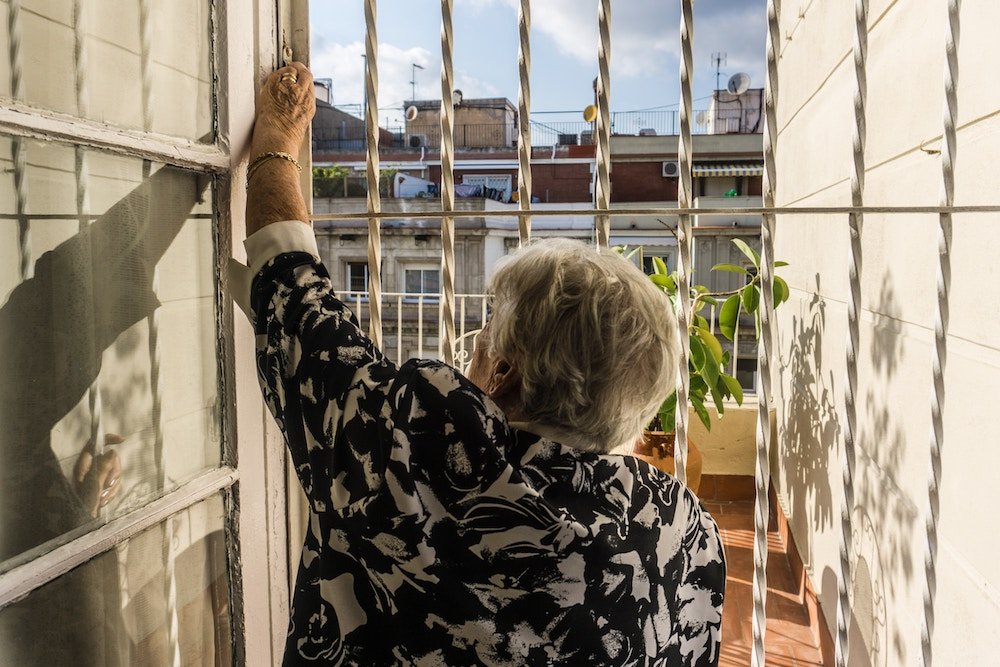
Seeing that pneumonia can cause tragedies, it is better to focus on preventive measures. This will help older people with pneumonia and dementia to prevent loads of suffering.
Some of the ways to prevent pneumonia are:
Vaccines
Some vaccines can prevent some types of pneumonia from attacking people with dementia. The pneumococcal vaccine is the most common which helps to prevent over 20 bacterial pneumonia strains.
Experts reckon that the vaccine is only effective for a short period when given to older persons.
Doctors recommend that a person gets their first dose after they turn 50 and the other one at 65. They should then get new doses after 5 years.
This said, it is important to mention that the vaccine does not always engender excellent immune response in grown-ups; thus, it will not always work well.
An influenza vaccine can also help adults get milder flu attacks.
Get the person to move about
This is especially important if one is in the hospital and spends most of their time lying in bed.
Moving around and exercising as much as possible can help reduce the risk of getting the infection.
If the affected person is not fit to do a lot of walking simply sitting upright on a chair can do a lot of good.
This will help the lungs expand so that it is easier to clear the lungs and cough.
Quit smoking

Smoking causes damages to the lungs; hence, it makes pneumonia more likely.
Persons with dementia should stay away from smoking because it also decreases the body’s ability to fight the infection.
Limit alcohol
Alcohol misuse is one of the factors that increase the risk of not only developing pneumonia but also making it more severe.
It has been known to make swallowing challenging which can lead to aspiration pneumonia. If a person does not want to quit drinking, let them limit it to a pint or glass of wine.
Good hygiene
This can also help keep pneumonia at bay since the infection also spreads by inhalation and contact. It is advisable for people to frequently wash their hands or use sanitizer.
Dispose of used tissues immediately is also highly recommended. Individuals with pneumonia should also use a handkerchief while coughing to avoid spreading germs.
Healthy diet

While eating right will not cure pneumonia studies show that individuals who eat a diet rich in vegetables and fruits are less likely to develop respiratory infections.
Dark leafy greens, berries, tomatoes and citrus fruits are examples of food rich in antioxidants that can help the body recover from infections quicker.
Ensuring a person is awake and upright while eating
This will majorly prevent aspiration dementia. When a person concentrates on eating and drinking, it will reduce the chances of the food going down the wrong pipe.
At some point changing the texture of food by pureeing or mincing may be necessary. Thickening fluids can also make them easier to safely swallow.
Pneumonia and Dementia Final Thoughts
A huge percentage of people with dementia end up dying when they develop pneumonia.
It is vital to pay close attention to pneumonia and dementia in a bid to maximize life quality and expectancy.

